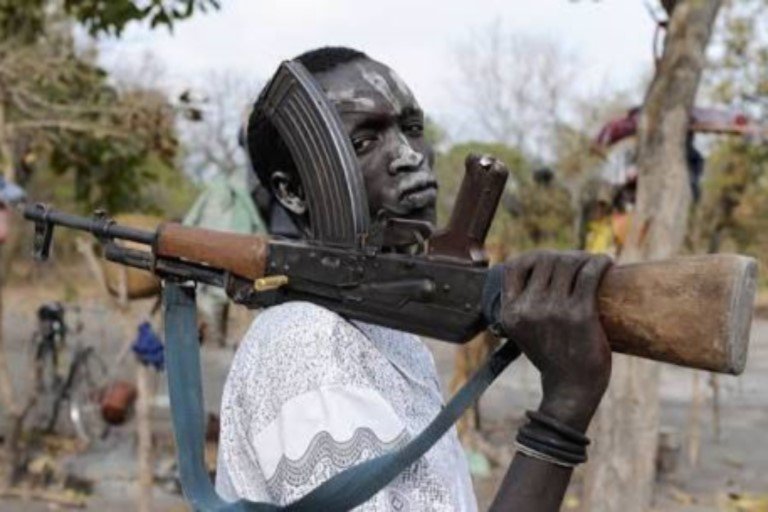With the passing of Pope Francis on Easter Monday, the Catholic Church enters a defining moment as preparations begin to elect a new pontiff.
The Vatican announced that the Pope died peacefully at his residence in Casa Santa Marta, Vatican City.
Among the leading contenders to succeed him is Cardinal Peter Turkson of Ghana. If elected, he would make history as the first Black Pope.
A seasoned Church leader and respected voice in global Catholicism, Turkson gained international recognition after serving as a peace envoy to South Sudan under Pope Benedict XVI.
Currently serving as Chancellor of the Pontifical Academy of Sciences, Turkson is known for his moderate views and efforts to bridge cultural divides within the Church.
He has been vocal on issues such as climate change, economic inequality, and, notably, has opposed anti-LGBTQ+ laws in Africa—stances that have sometimes placed him at odds with more conservative church figures.
Turkson, born into a family of ten in Ghana’s Western Region, began his religious education in Ghana and New York, later earning licentiate and doctoral degrees in scripture at the Pontifical Biblical Institute in Rome. Multilingual—fluent in English, French, Italian, and German—he brings a global outlook shaped by decades of theological and pastoral work.
Appointed Archbishop of Cape Coast in 1992 by Pope John Paul II and made cardinal in 2003, Turkson has held several high-profile Vatican positions.
He led the Pontifical Council for Justice and Peace and was the first prefect of the Dicastery for Promoting Integral Human Development, an office established by Pope Francis in 2016.
His long-standing influence in Vatican affairs and involvement in the 2013 conclave that elected Pope Francis bolster his standing as a serious contender in the upcoming papal election.
As the Catholic population in Africa continues to grow, the possibility of an African Pope becomes more significant. Cardinal Turkson embodies that potential shift, standing as a symbol of the Church’s evolving global identity at a moment of historic transition.











